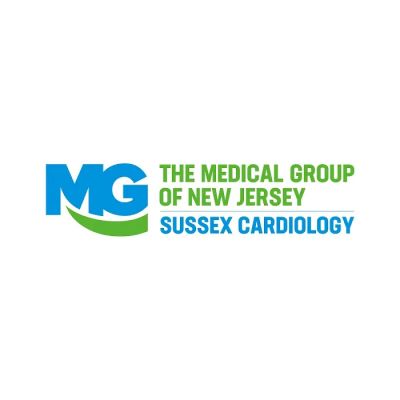- 1-Link-between-Heart-Disease-and-Pulmonary-Hypertension
- 2-Causes-and-Risk-Factors
- 3-Recognizing-Symptoms-of-Pulmonary-Hypertension-in-Heart-Disease
- 4-Diagnosis-and-Treatment-Options
- 5-Patient-Stories-and-Support-from-HeartCare-Hub
1. The Link Between Heart Disease and Pulmonary Hypertension
Heart disease and pulmonary hypertension (PH) are closely interconnected conditions that can significantly impact cardiovascular health. Pulmonary hypertension refers to elevated blood pressure within the arteries of the lungs, which places extra strain on the right side of the heart. Over time, this increased workload can lead to right heart failure, especially in individuals already suffering from heart disease.
This relationship means that managing heart disease effectively requires awareness of potential pulmonary complications. Understanding how these two conditions influence each other can improve early diagnosis and treatment outcomes.

1.1 How Pulmonary Hypertension Develops in Heart Disease
In many heart disease cases, especially left-sided heart failure or valvular disease, blood flow from the lungs back to the heart is impeded. This causes pressure buildup in pulmonary arteries, resulting in pulmonary hypertension. The chronic pressure overload damages the heart muscle, further complicating the patient's condition.
Deborah Heart and Lung Center
deborah heart and lung center
200 Trenton Rd, Browns Mills, NJ 08015, USA

2. Causes and Risk Factors
Several factors contribute to the development of pulmonary hypertension in people with heart disease. Common causes include:
2.1 Left Heart Disease
Conditions such as left ventricular dysfunction, mitral valve disease, or aortic valve stenosis are primary contributors. These issues cause blood to back up into the lungs, raising pulmonary artery pressure.
2.2 Chronic Lung Conditions and Other Contributors
While heart disease is a major cause, chronic lung diseases like COPD or sleep apnea can worsen pulmonary hypertension. Lifestyle factors such as smoking and obesity also increase risks.
3. Recognizing Symptoms of Pulmonary Hypertension in Heart Disease
Symptoms of pulmonary hypertension often overlap with heart disease but may include:
3.1 Shortness of Breath and Fatigue
One of the earliest and most common signs, especially during physical activity or even at rest in advanced stages.
3.2 Chest Pain and Palpitations
Discomfort or irregular heartbeats may signal strain on the heart caused by elevated lung pressures.
3.3 Swelling and Dizziness
Fluid retention leading to swelling in the legs or abdomen, along with dizziness or fainting, can indicate right heart failure secondary to pulmonary hypertension.
4. Diagnosis and Treatment Options
Accurate diagnosis is essential for managing the dual challenges of heart disease and pulmonary hypertension. This involves:
4.1 Diagnostic Tools
Tests such as echocardiograms, right heart catheterization, and imaging studies assess heart function and measure pulmonary artery pressures.
4.2 Treatment Approaches
Treatment focuses on controlling underlying heart disease and reducing pulmonary pressures. Medications like diuretics, vasodilators, and anticoagulants may be prescribed. Lifestyle changes including diet, exercise, and smoking cessation are critical adjuncts.
4.3 Role of Ongoing Care
Regular monitoring and adjustments to therapy help prevent disease progression and improve quality of life.
5. Patient Stories and Support from HeartCare Hub
Linda, a 60-year-old with longstanding mitral valve disease, developed pulmonary hypertension that complicated her heart condition. With timely intervention and support from HeartCare Hub, including medication management and lifestyle coaching, she has stabilized her health and remains active.
Stories like Linda’s highlight the importance of comprehensive care and community resources. HeartCare Hub offers trusted products, expert advice, and patient support to help individuals navigate the complexities of heart disease and pulmonary hypertension.





















Hoag Urgent Care Irvine - Sand Canyon
hoag urgent care
16205 Sand Canyon Ave Suite 100, Irvine, CA 92618, USA